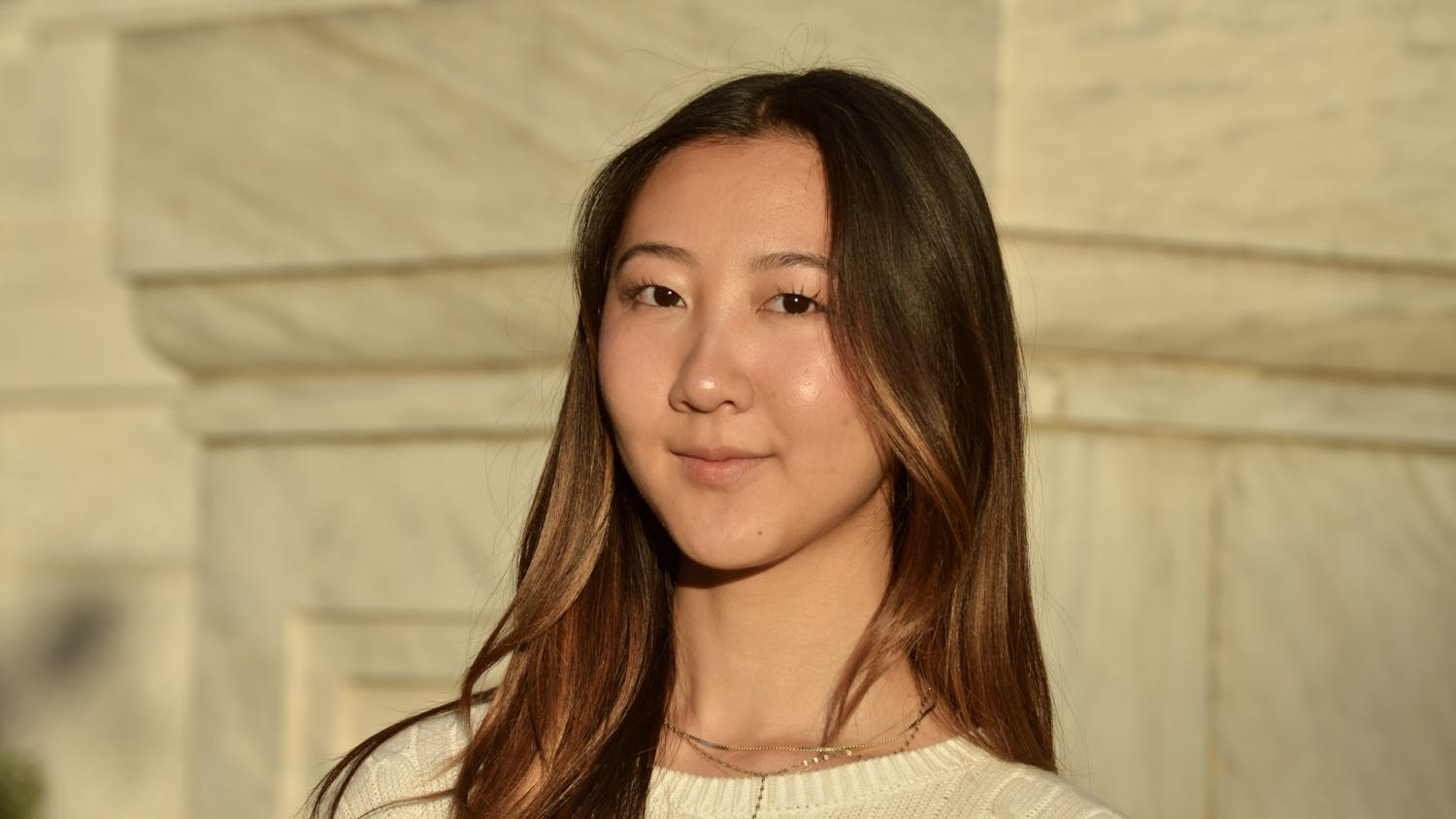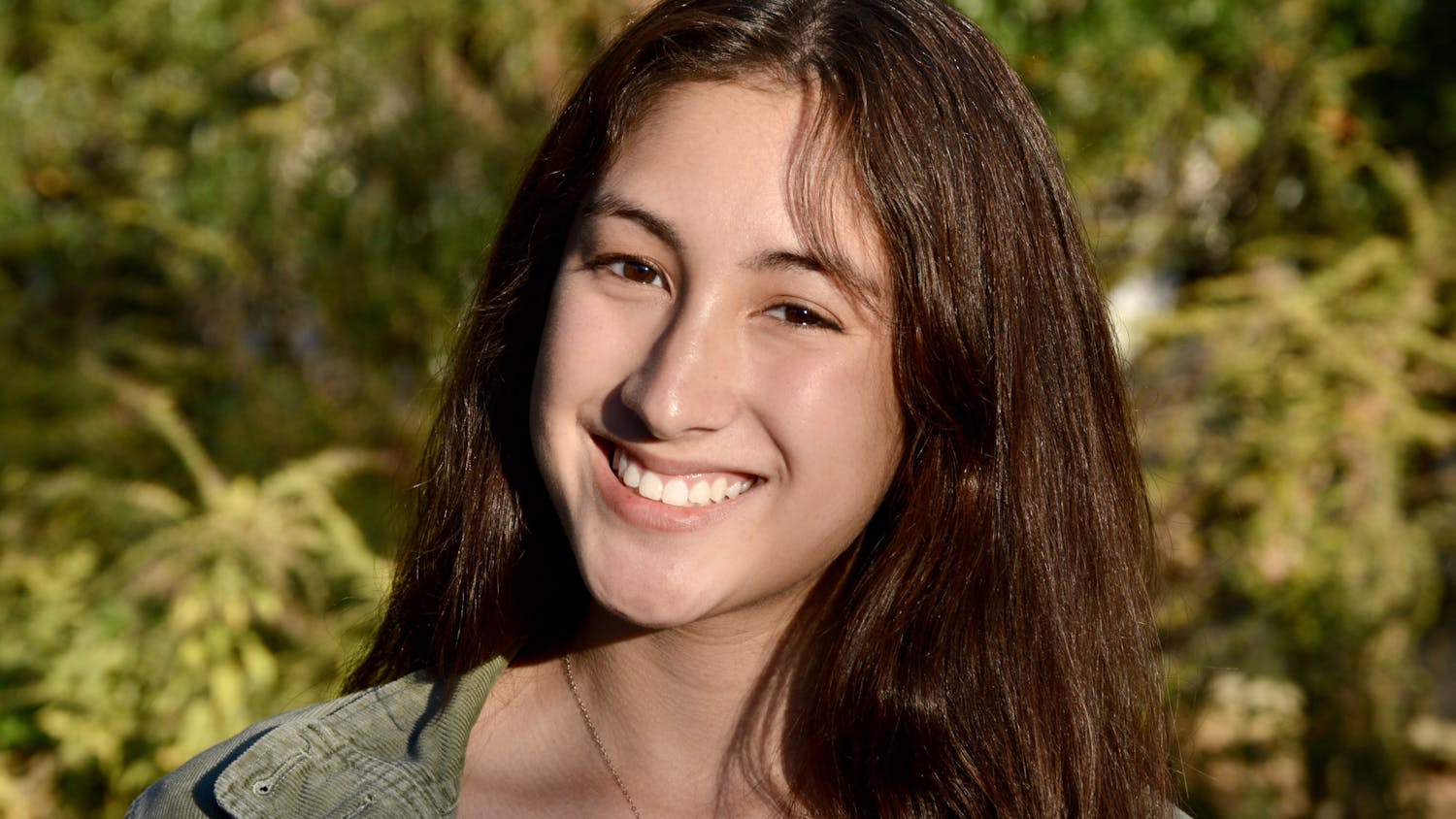For nearly 50 years, the United States has presided over a sort of political slum and asylum in the Middle East; subsidizing states from Egypt's secularist Nasserites to Saudi Arabia's religious extremists while their subjects toil under the ruler's repressive hand. Beyond exchanged money for natural resources and security, the U.S. maintained a hands-off policy, coolly overlooking the region's rising temperature.
The policymakers of yesterday ignored the growing bubble of discontent and anger at the United States until that bubble exploded. Witness Iran in 1979, and the dismissal of the Shah by reactionary Islamic forces, an event only foreseen by a handful of prescient policymakers, and virtually ignored until thousands of people violently took regime change into their own hands. Only then did American policymakers attempt to change policy, but stupidly with the preservation of the ruling elite as the No. 1 goal.
On Sept. 11, the day that will be officially remembered as the confrontation between action and reaction, the United States received a sharp rebuke that clarified what it must preserve and what it must change. What was made clear, and what today's policymakers should remember, is that there is a war between the United States and forces that would attack not only its material and territorial possessions, but its essential institutions as well. The West's institutions of equality for women, freedom of religion, and freedom of speech must be safeguarded against the armed Islamic assault of theocracy, fascism and fundamentalism.
The Arab Middle East is going through a population explosion that our policymakers must anticipate and shape to our advantage. Currently, over half of the Arab population is under 25, of which 40% are unemployed; this sad majority is also poorly educated and heavily indoctrinated in anti-Western thought.
The Arab elite that we subsidize will not last much longer with an underbelly of young people who yearn for change, most viscerally through the rejection of their American-backed rulers. Better to have the hearts and minds of 300 million youth than the duplicitous smiles and winks of the Saudi elite.
If the United States occupies Iraq in the same spirit of Japan and Germany in the late-1940s, Iraq could be reconstructed as the first genuinely America-friendly country in the Arab Middle East. This relationship would not be that of kingmakers and kings, but rather between friendly governments represented by friendly peoples. We can finally do what the Arab rulers have not. We can develop their economies beyond oil exports, cast aside the ruler's cruel tools of oppression and shape the region to each people's advantage.
Following this policy, we can expect to see a decrease in temperature among reactionary forces in the Middle East and a restructuring of power and people-perhaps more authentically as a representative republic with democrats, secularists, tribal and religious leaders-that transcends the artificial borders drawn up by foreign rulers.
So far, the United States has pursued a brilliant and clear policy that might have minor short-term losses, but will reap major long-term gains. By starting in Afghanistan, and moving into Iraq, the United States disposed of two hostile and terribly dangerous governments, while accelerating the process of democratization in those countries' mutual neighbor, Iran.
Citizens of that country, which kicked out its American-supported leader 24 years ago, are rapidly turning to freedom and democracy. After 24 years of anti-American sentiment and no American influence, the Iranian people are discovering the false promises and sinister workings of a theocratic, terrorism-sponsoring government. Nowhere was this thaw more evident than at candlelight vigils held by the Iranian people, independently of their government, after the September attacks. Their leaders downplayed their surprising gesture just as Arab leaders desperately tried to suppress the cheering in the streets of Cairo and Ramallah.
The Lebanese-American scholar Fouad Ajami writes, "A silent revolution is under way in Iran ... It is the imploding of the theocratic edifice, the aging of a revolution that has lost the consent of its children."
We must remember that in this region, we have many enemies whose survival depends on our failure-Iranian theocrats, Saudi Islamics, Iraqi and Syrian Ba'athists. It is a region that thrives on internal fears and maintains a state of war to ignore the problems at home. Beneath the stale anti-American furies and recycled debates, there lies a populace who yearn for something different.
Khalid Kishtainy, an independent Arab intellectual among sycophants, writes, "Soon the Iraqi people will stand on its feet to learn another lesson ... that will be a starting point for the march towards freedom of thought and choice...and out of this darkness in which Iraq now lives will shine the light that will illuminate the entire region with the radiance of modern citizenship, the rule of the people, and the rule of intellect and science..."
Sept. 11 put America at odds with the ruling order in the Middle East and presented a choice. We could preserve the illiberal governments that spawned the attacks, or we could live up to our obligations to encourage freedom and democracy abroad. With an Iraq free of the worst of the ruling order, I'd say we're on our way to a better Middle East.




